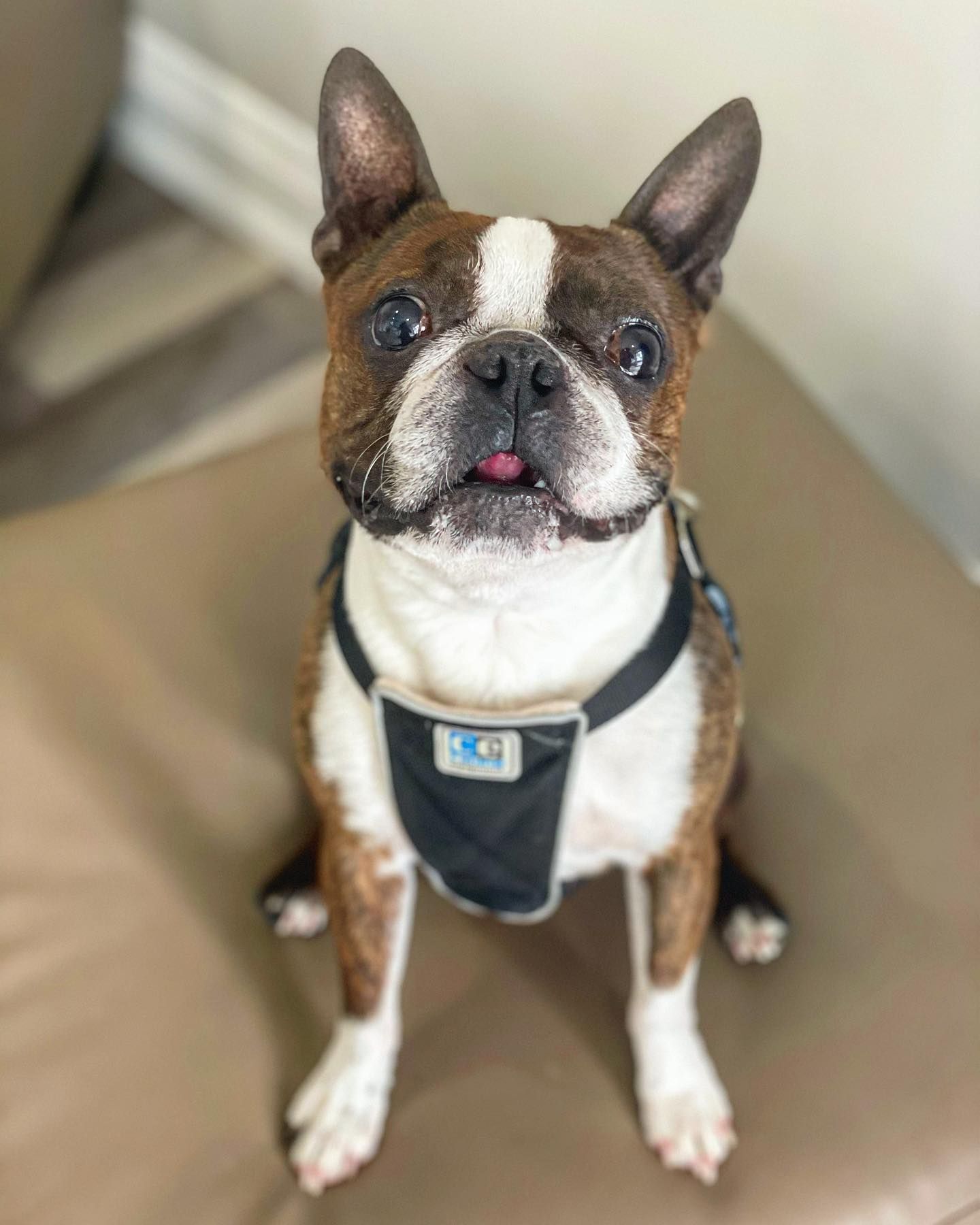URBAN WILDLIFE. WHAT IS THE RISK TO YOUR PET?
The humans have been in quarantine but our resident wildlife certainly has not!
https://dailyhive.com/toronto/toronto-wild-animal-sightings
There have been an increase in wildlife sightings in urban areas as the normally busy city is much quieter. While it is very cute to see Bambi and Wile E Coyote on the street it does represent an increased risk to our pets.
Wildlife can carry a variety of infectious diseases such as Distemper, Rabies, Leptospirosis and parasites such as ticks and tapeworms.

Please make sure your dog is:
- Is up to date on with their Rabies vaccination
- Is up to date with their Distemper vaccination
- ** Has had their Leptospriosis vaccination and is up to date. **
Leptospirosis used to be a vaccine reserved for outdoor/ farm dogs so not all dogs have this vaccine. At Mac Animal Clinic we strongly consider Leptospirosis a CORE vaccination. Leptospirosis is a bacterial disease shed in the urine of wildlife such as raccoons, skunks, beavers and rodents, which can cause fatal kidney and liver failure. It is also a disease that can be spread from dogs to humans. - Has tick prevention
For more information, contact the clinic at 905 844 6786 or visit our website https://www.macvets.com/canine-vaccinations.html. Stay safe our two and four legged friends!
Leave a Reply.
SIGN UP TODAY!
We will get back to you as soon as possible.
Please try again later.


Street Address : 1026 Speers Road
City : Oakville
State / Province : Ontario
Postal / Zip Code : L6L 2X4
HOURS
Monday: 9:00 am - 6:00 pm
Tuesday: 9:00 am - 6:00 pm
Wednesday: 9:00 am - 7:00 pm
Thursday: 9:00 am - 5:00 pm
Friday: 9:00 am - 5:00 pm
Saturday: Closed
Sunday: Closed
SERVICES
© Copyright 2024 - All Rights Reserved - Mac Animal Clinic | Cancellation Policy | MyPortal™


